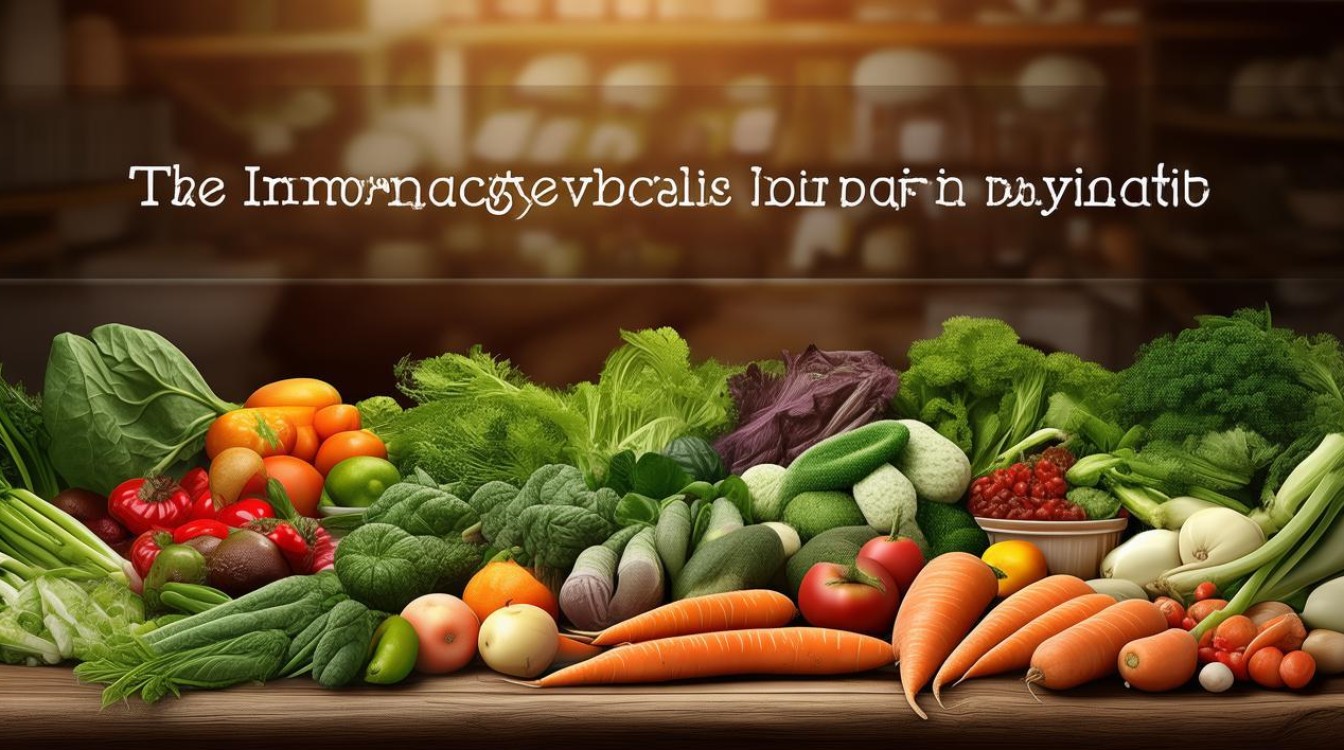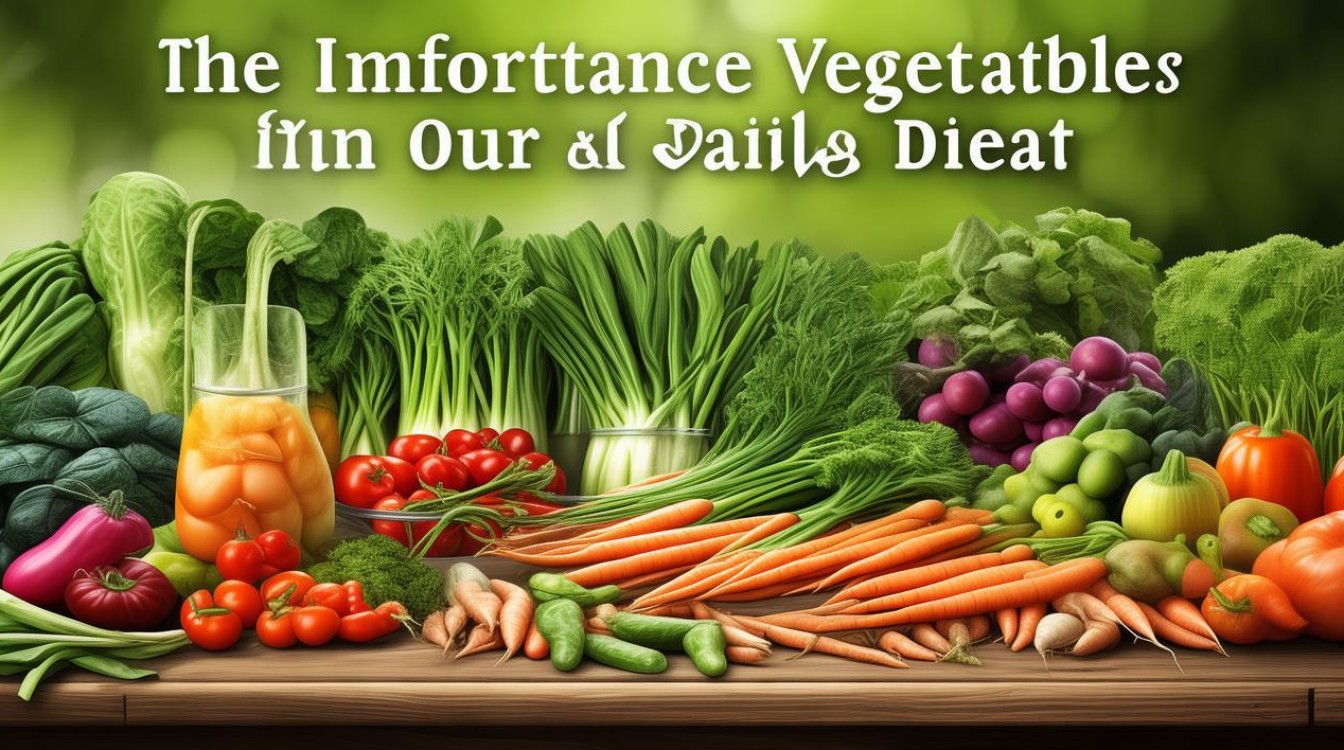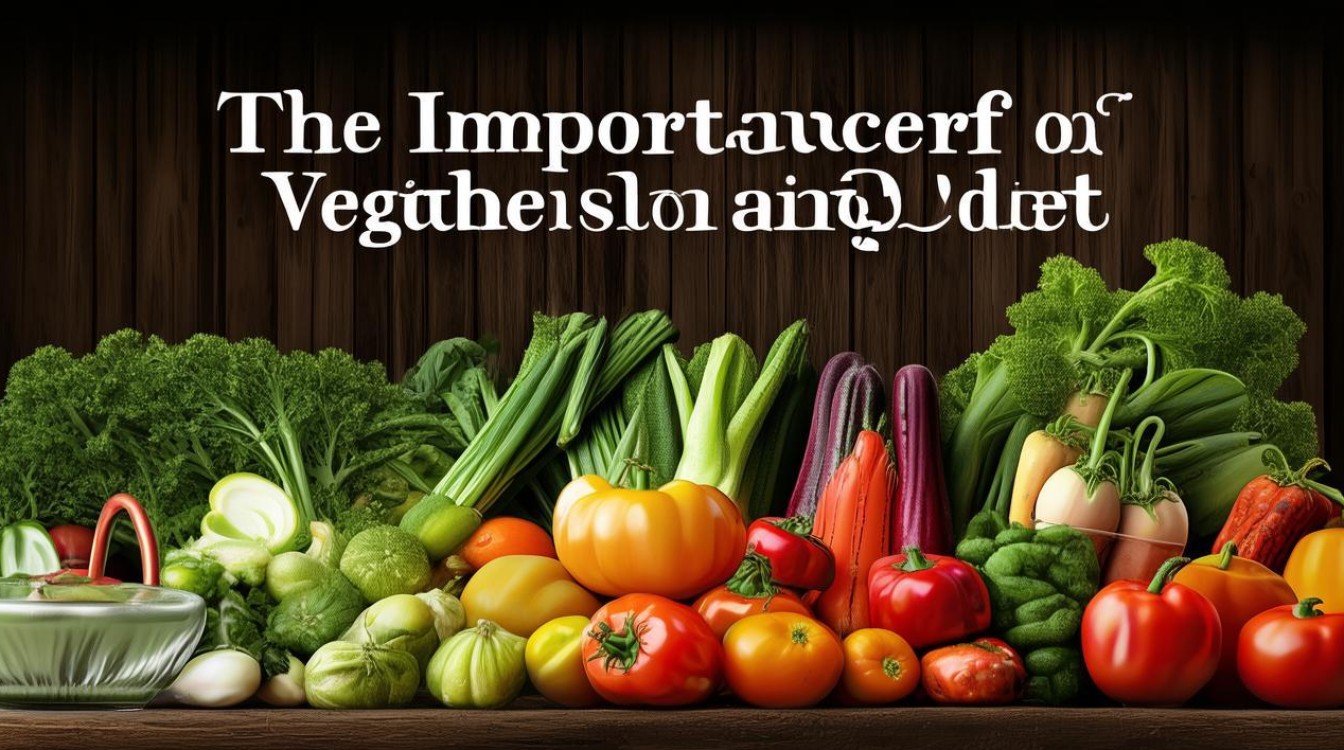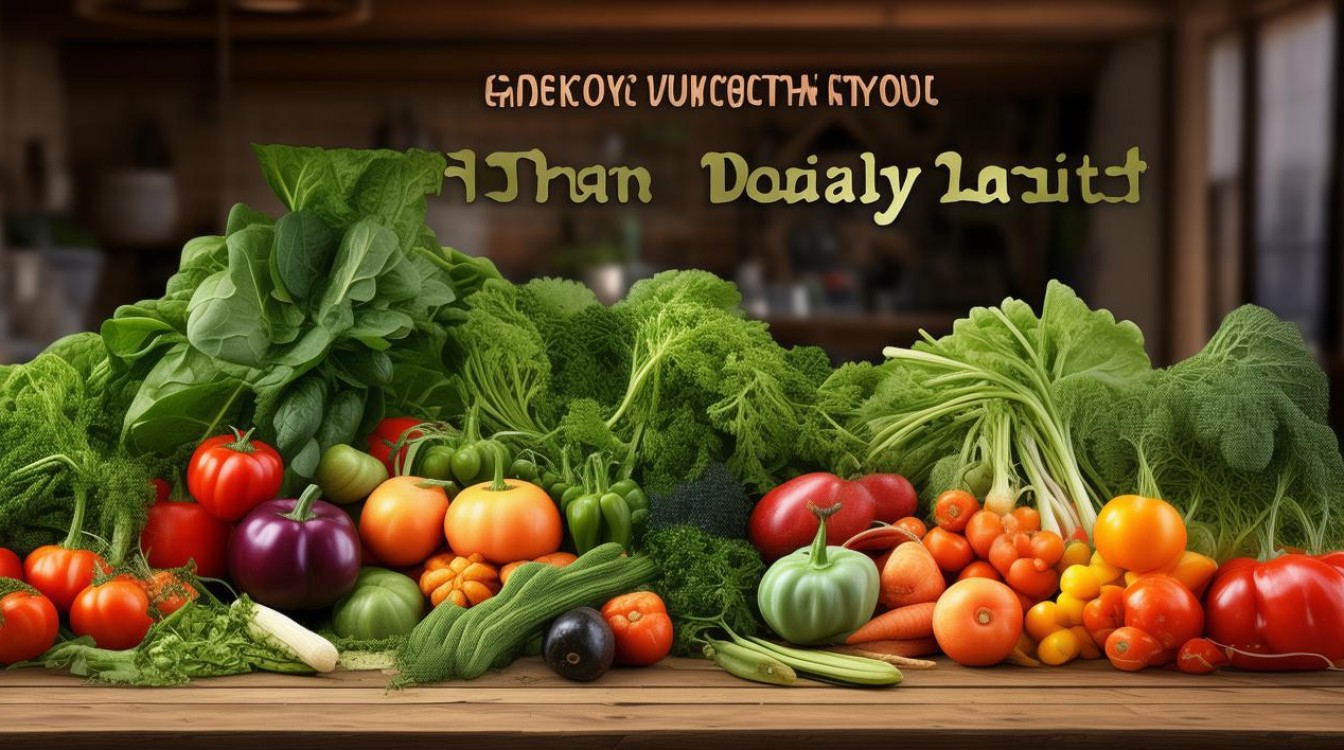Vegetables are an essential part of a healthy diet. Packed with vitamins, minerals, and fiber, they provide numerous health benefits that help prevent diseases and promote overall well-being. Whether eaten raw, cooked, or blended into smoothies, vegetables play a crucial role in maintaining a balanced lifestyle.

Nutritional Value of Vegetables
Vegetables are rich in nutrients that the human body needs to function properly. For example, leafy greens like spinach and kale are high in iron and vitamin K, which support blood health and bone strength. Carrots contain beta-carotene, which converts to vitamin A and improves vision. Bell peppers, especially the red variety, are loaded with vitamin C, boosting immunity and skin health.
Fiber, another key component found in vegetables, aids digestion and helps regulate blood sugar levels. Broccoli, Brussels sprouts, and cauliflower are excellent sources of dietary fiber, making them ideal for digestive health. Additionally, vegetables are low in calories, making them perfect for weight management.
Health Benefits of Eating Vegetables
Regular consumption of vegetables reduces the risk of chronic diseases. Studies show that diets high in vegetables lower the chances of heart disease, high blood pressure, and certain cancers. The antioxidants present in vegetables, such as flavonoids and polyphenols, combat oxidative stress, which is linked to aging and inflammation.
Vegetables also support mental health. Leafy greens, for instance, contain folate, a nutrient that helps regulate mood and cognitive function. A diet rich in vegetables has been associated with lower rates of depression and anxiety.
Different Ways to Incorporate Vegetables into Meals
Many people struggle to eat enough vegetables daily. However, there are creative ways to include them in meals without feeling repetitive.

- Smoothies: Blending spinach, kale, or cucumber with fruits like bananas and berries makes a nutritious drink.
- Stir-fries: Quick and easy, stir-frying vegetables with lean protein creates a balanced meal.
- Soups and Stews: Adding carrots, celery, and potatoes to soups enhances flavor and nutrition.
- Salads: Mixing various raw vegetables with nuts, seeds, and a light dressing offers a refreshing meal.
- Snacks: Sliced cucumbers, cherry tomatoes, or carrot sticks with hummus make a healthy snack option.
Common Myths About Vegetables
Despite their benefits, some misconceptions discourage people from eating enough vegetables.
-
"Frozen vegetables are less nutritious than fresh ones."
Frozen vegetables are often flash-frozen at peak ripeness, preserving their nutrients. In some cases, they may retain more vitamins than fresh produce that has been stored for long periods.
-
"Organic vegetables are always healthier."
While organic vegetables reduce exposure to pesticides, conventionally grown vegetables still provide the same essential nutrients. Washing them thoroughly removes most chemical residues.

-
"Cooking destroys all nutrients."
Some nutrients, like vitamin C, may decrease with heat, but others, such as lycopene in tomatoes, become more bioavailable when cooked. Steaming or roasting vegetables can enhance their nutritional value.
Sustainable Eating and Vegetables
Choosing locally grown, seasonal vegetables benefits both health and the environment. Transporting produce over long distances increases carbon emissions, whereas local farming supports sustainability. Growing vegetables at home, even in small spaces like balconies, reduces reliance on commercial farming and ensures fresh, pesticide-free food.
Farmers' markets and community-supported agriculture (CSA) programs are excellent ways to access fresh, seasonal vegetables while supporting local farmers. Reducing food waste by using vegetable scraps for stocks or composting further promotes eco-friendly habits.
Encouraging Children to Eat More Vegetables
Parents often face challenges in getting children to eat vegetables. Making vegetables fun and visually appealing can help. Cutting them into interesting shapes, creating colorful plates, or involving kids in cooking encourages them to try new foods. Smoothies with hidden greens or vegetable-based pasta sauces are clever ways to increase intake without resistance.

Leading by example is also crucial. When children see adults enjoying vegetables, they are more likely to develop healthy eating habits early on.
Final Thoughts
Vegetables are a cornerstone of good health, offering countless benefits from disease prevention to mental well-being. By exploring different preparation methods and debunking myths, it becomes easier to incorporate them into daily meals. Prioritizing fresh, seasonal, and locally sourced vegetables not only enhances personal health but also contributes to a more sustainable future.
Eating a variety of vegetables ensures a diverse intake of nutrients, supporting long-term vitality. Making small, consistent changes in dietary habits can lead to significant improvements in overall health. The journey to better nutrition starts with the simple act of adding more vegetables to every meal.

